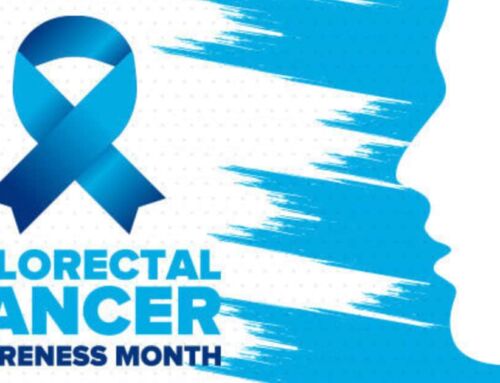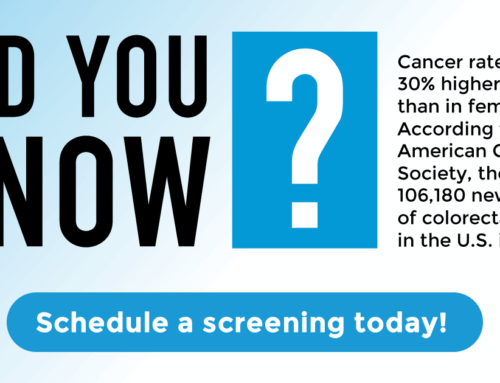I’ve written previously on the common condition of having constipation, which provides a good overview of the causes and initial treatment options. However, my practice receives a lot of calls from patients wondering what the determining factors are regarding when they should see a doctor for this condition. These questions were the inspiration for creating more guidance on how constipation should be perceived and treated by patients. While this is never a pleasant topic to discuss or experience, a normal occurrence of bowel movements is important for everyone’s overall health. I hope those reading this information in the San Antonio, TX area find this information helpful, and if you need to see a gastroenterologist to discuss your digestive health – please contact my practice at 210-615-8308.
Constipation FAQs
Q: How often should I have a bowel movement?
A: The frequency of normal bowel movements ranges from 3 times a day to once every 3 days. You do NOT need to have one bowel movement a day. Frequency can change based on hydration, diet and physical activity. Most people don’t have a “regular” pattern and some degree of alteration in frequency from day to day is a normal thing.
Q: How much fiber should I have in my diet?
A: The Mayo Clinic suggests that daily fiber intake should be:
- Age 50 or younger – 38 grams (men) and 25 grams (women)
- Age 51 or older – 30 grams (men) and 21 grams (women)
And if you are having normal soft bowel movements without straining the majority of the time you are likely getting adequate fiber for your system. Remember to drink adequate fluids as well when on a high fiber diet.
Q: What are the treatment options for constipation?
A: Most causes of constipation can be alleviated by increasing your fiber and fluid intake and getting on a regular physical activity regimen. If that does not do the trick try adding a gentle laxative like milk of magnesia or MiraLax. These are both over the counter, effective and safe. Also, exercise helps with constipation by decreasing the time it takes food to move through the digestive system.
Q: Can constipation be an indicator of a more severe medical condition?
A: The majority of the time constipation is a benign process that can improve with fiber, fluids, physical activity and medication. However, new onset constipation for no known reason needs to be evaluated. One of the concerns with new onset constipation is always an obstructing lesion, like a polyp or colon cancer. Colon cancer is still way too common in our society and the earlier we can diagnose it the better chance we have to cure it.
Q: When should I see a doctor for constipation?
A: I tell people the best time to see a doctor in San Antonio for constipation is whenever you’re concerned about it. If you have tried increasing fiber and fluids in your diet and the over the counter options just aren’t cutting it, get evaluated. If you normally have decent bowel movements and now have new onset constipation, get evaluated. And if your constipation is associated with any alarm symptoms – rectal bleeding, new onset anemia, abdominal pain or weight loss- get evaluated right away.
Checklist for seeing a doctor for Constipation in San Antonio, TX
If your constipation hasn’t subsided after trying changes to your diet, exercise, fluids or OTC treatments like laxatives… then it’s time to see a doctor. In preparation for that visit, it’s helpful to be able to speak about things like your bowel movements and medical history. To assist in your preparation, I’ve prepared a short list of things to document that will help your doctor in their analysis of your constipation and treatment recommendations.
- If there has been a significant change in your bowel movement frequency, that is something that you should discuss with your doctor. Document these changes in as much detail as possible.
- Be prepared to discuss your personal and family medical history relative to digestive conditions like colon cancer and irritable bowel syndrome.
- Stools – Describe the consistency of your stools and whether you noticed blood at any time when having a bowel movement.
- Document your diet and exercise frequency.
I hope this has been helpful and if I can help in any way with your issues, please call my office for an appointment. Thank you. RH




